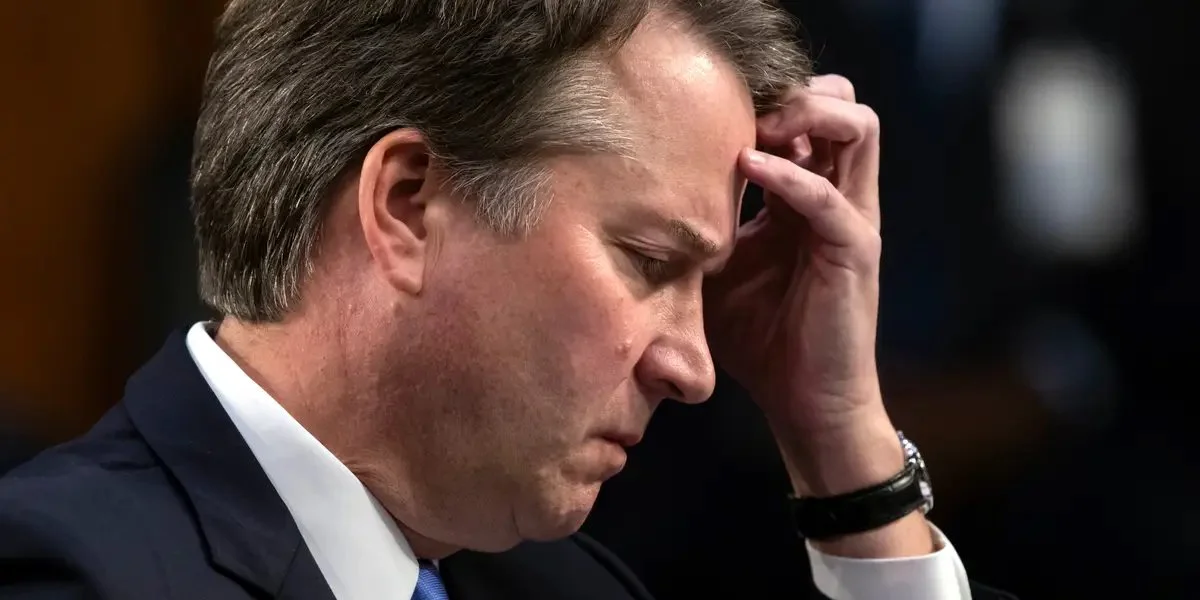Virginia Governor Ralph Northam recently admitted to the crime of offending people by wearing blackface on at least one previous occasion. Based on this admission, leaders in both political parties insist he resign.
Setting aside Northam’s situation, in this era of ceaseless offense at a wide variety of speech and conduct, the more reflective among us ought to ponder whether it might be more sensible to have a measuring stick for who should resign and who should remain, rather than making it up as we go along.
Which past conduct is disqualifying from future public office? Think about the biggest mistake you made in your younger years. Assuming you’re now embarrassed by it and have repented or sought forgiveness, should your misstep stop you from holding a position of public trust?
In my work as a crisis communications consultant and public law attorney, I’ve sat with hundreds of government leaders who’ve disclosed to me their weakest and darkest moments from their past. Drunk driving, drug use, affairs, financial misdeeds, and academic dishonesty are among these cringeworthy admissions.
They wonder whether the revelation of these character blemishes will be used against them. Lamentably, this is the currency of modern political campaign discourse.
I offer no opinion on whether Gov. Northam has done enough good in his middle age to offset the foolishness of his younger days. But I do know he doesn’t stand alone under scrutiny.
Martin Luther King, Jr. is rightfully an American hero. Yet he despicably cheated on his wife and improperly plagiarized his doctoral dissertation. Should he have resigned from his civil right leadership role?
George W. Bush served honorably in government. But, as a young man, he was convicted of drunk driving, a reprehensible crime that endangers others. Should that have been enough for him to be forced from his elected positions?
Barack Obama made history when he was elected president. Yet in his autobiography, he admitted to youthful cocaine use, which is a felony punishable by prison time. Did this serious crime make him ineligible to hold office?
Finally, most infamously, long-time West Virginia Senator Robert Byrd was a leader of the Ku Klux Klan. His affiliation was legal but odious. Was this enough to require his voluntary departure from his safe Senate perch?
History tells us that these misdeeds were not to force any of these leaders into private life.
When Gov. Northam met reporters earlier this week, one persistent question he faced concerned the notion that the practice of blackface offends many African-Americans. That’s certainly true. The question remains, is a legal but offensive act more discreditable than committing a felony (like Obama) or a dangerous crime (like Bush)?
And, if causing offense is the trigger for forced resignations, then what of those public officials who take the Lord’s name in vain in profane curses? This offends millions of Jews and Christians. Ought there be a call for such blasphemers to step down from government posts?
Other examples burst forth like so many sizzling popcorn kernels. No doubt some of our leaders were bullies in high school. Some may have cruelly mistreated animals. Others viciously spread lies and false rumors about rivals. All of these acts are offensive and potentially illegal.
The cleanest way to bring clarity to this question would be to allow voters to remove such scoundrels at the next opportunity to cast a ballot. This democratic process is embedded in our republic.
I don’t propose to stifle the more informal process that has done the trick in recent years. Political pressure short of an election defeat chased from office such wrongdoers as Senator Al Franken, New York Attorney General Eric Schneiderman, and – here in Ohio – Attorney General Marc Dann. All jumped before being pushed.
Yet a more coherent and agreed upon standard would serve us all well. My recommendation would be that criminal conduct is more troublesome than legal and offensive activity while in a leadership role is more troubling than that in the past.
The Supreme Court once sought to define obscenity with the ridiculously subjective standard of "I know it when I see it." Then – and now – when that sort of analysis prevails, the tyranny of feelings replaces the steady reign of reason.
Mark R. Weaver is a Columbus attorney and crisis communications consultant. He was formerly spokesman for the civil rights division of the U.S. Department of Justice. He is the author of the book "A Wordsmith’s Work." Twitter: @MarkRWeaver




